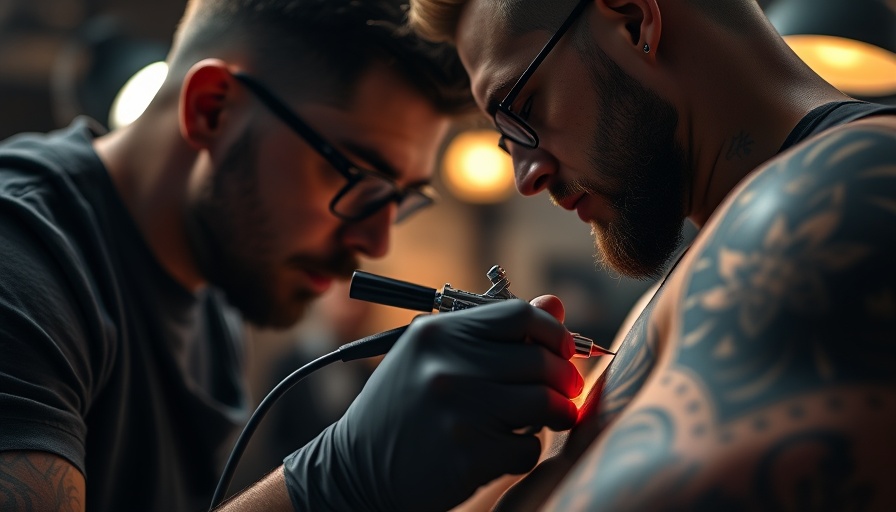
Centre County Health Clinic: A Lifeline for Pets and Their Owners
In an exciting upcoming event, a health clinic for pets and their owners is set to take place in Centre County this October. This initiative promises to provide essential health services not only for our furry friends but also for their human companions. Bringing accessible health care to animals fosters a community of responsible pet ownership, benefiting both pets and their owners.
Event Details: What to Expect
The clinic will be held on Sunday, October 19th, at the Howard United Methodist Church from 1 PM to 4 PM. Attendees can expect a range of services, including low-cost vaccines and microchips for pets, making it an ideal opportunity for pet owners to ensure their pets are immunized and properly identified. Apart from pet services, the clinic also offers free flu vaccines for people, making it a comprehensive health fair for families.
The Importance of Low-Cost Services in Pet Care
With many families feeling the financial strains brought on by the pandemic, low-cost veterinary services become crucial. Clinics like the one being organized provide access to vaccinations for as little as $10 for rabies shots, $12 for distemper vaccines, and more. These financial considerations ensure that every pet can receive the essential care they need.
Building a Healthy Community
More than just a health clinic, the event embodies the spirit of community—encouraging social interaction and connection among pet owners. Event organizers emphasize the significance of bringing pets and their owners together, creating a supportive network that shares information and resources for healthier living.
Involving Local Resources
Centre County PAWS, a prominent local organization, plays a pivotal role in facilitating this outreach. They are committed to the welfare of pets and are enhancing this event by partnering with the Pennsylvania State University for educational resources and giveaways, enriching the clinic experience for attendees.
Encouraging Proactive Health for Pets
Informed pet owners are more likely to make decisions that promote the health and well-being of their pets. By equipping them with the necessary resources and information, events like this reinforce the importance of regular check-ups and vaccinations, leading to healthier pets and a more vibrant community.
Final Thoughts: Get Involved!
Pet owners can take advantage of this unique opportunity to support the health of their pets while receiving valuable care for themselves. Whether it's a routine vaccination or getting informed about the best practices for their pet’s health, this clinic is designed to foster a healthier environment for everyone.
Don't miss out on this opportunity! Mark your calendars for the Centre County Health Clinic on October 19th. Bring your pets, receive health care, and join a community dedicated to pet wellness!
 Add Row
Add Row  Add
Add 




Write A Comment